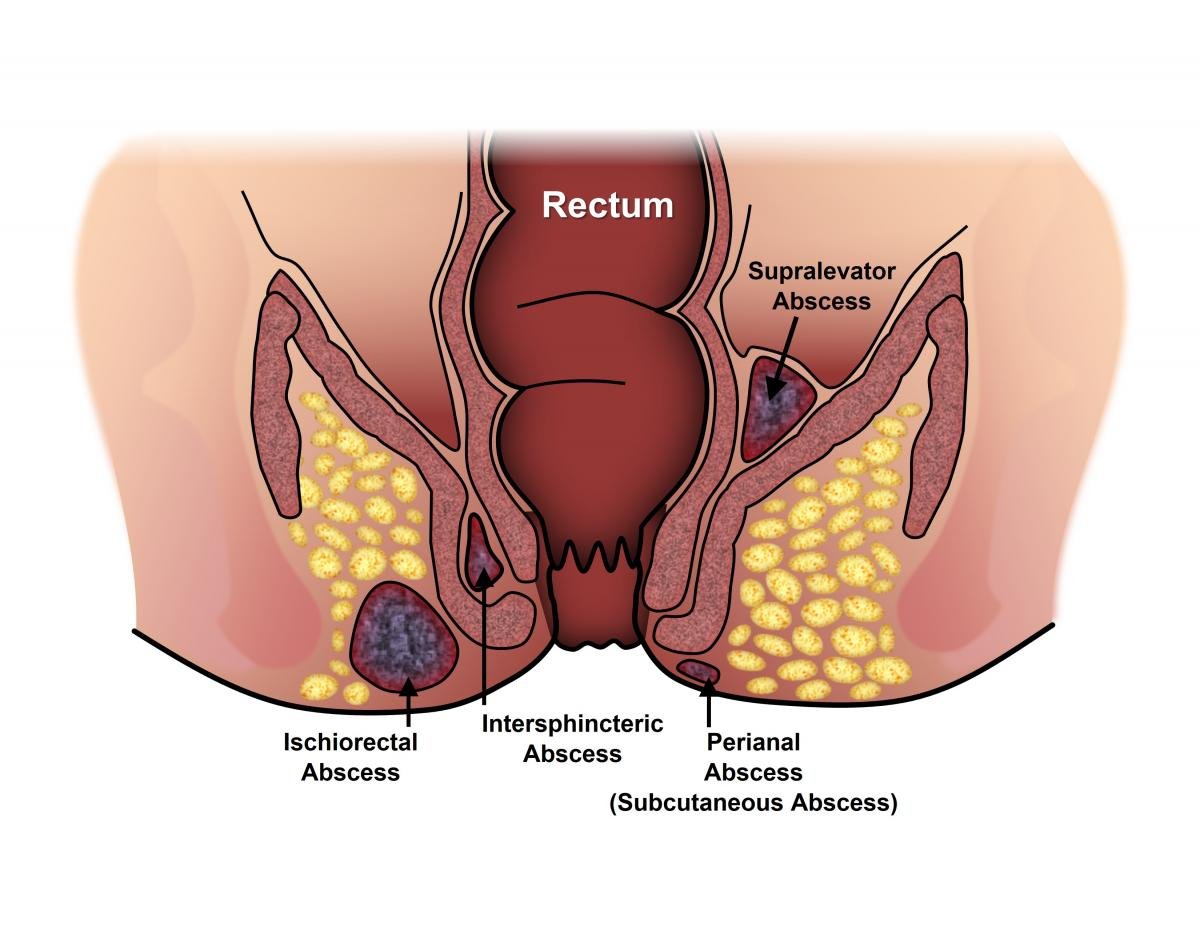Fistula
Fistula, a condition often shrouded in misunderstanding, is a medical term referring to an abnormal connection or passageway that forms between two organs or vessels that don't usually connect. These can occur in various parts of the body, including the digestive system, urinary tract, and even in the skin. Understanding its symptoms, causes, and available treatments is crucial for managing this condition effectively.
What is a Fistula?
A fistula is an abnormal connection or tunnel that forms between two organs or vessels. These connections can develop due to various reasons, including injury, infection, inflammation, or complications from surgery. Fistulas can occur in different parts of the body, leading to a range of symptoms and complications.

Symptoms of Fistula:
The symptoms of fistula vary depending on its location and underlying cause. However, some common signs to watch out for include:
- Pain : Persistent pain, often localized near the site of the fistula.
- Discharge : Drainage of pus, blood, or other fluids from an opening on the skin or in a bodily orifice.
- Infection : Recurrent infections in the affected area, leading to fever, swelling, and redness.
- Changes in bowel or urinary habits : Fistulas affecting the digestive or urinary system can cause changes in bowel movements or urinary patterns.
- Skin irritation : Irritation or inflammation of the skin surrounding the fistula opening.
- Foul odor : Discharge from the fistula site may emit an unpleasant odor.
Types of Fistula:
Fistulas can occur in various parts of the body, leading to classifications based on their location:
- Anal Fistula : A tunnel that forms between the anal canal and the skin near the anus.
- Rectovaginal Fistula : An abnormal connection between the rectum and the vagina.
- Enterocutaneous Fistula : A passage that forms between the intestine and the skin surface.
- Urinary Fistula : An abnormal connection between the urinary tract and another organ or the skin.
- Perianal Fistula : A fistula that develops near the anus, often associated with conditions like Crohn's disease.
